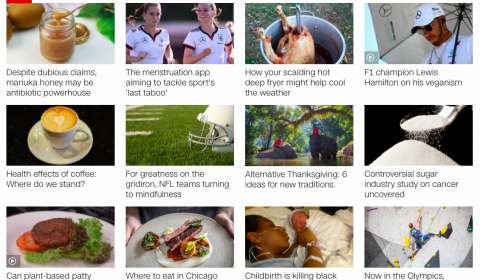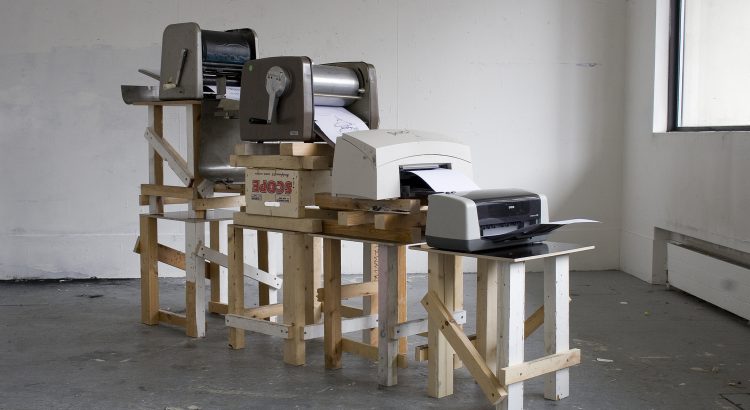Podcast: Play in new window | Download
Subscribe: Spotify | Email | TuneIn | RSS
Turning over the last page of the calendar seems to naturally invite some reflection on the previous 365 days. When you look back at 2017, what went well? And what do you wish you could change in the coming year?
This week, we take the opportunity to reflect back much farther – to our days in graduate and postdoctoral training! With years of hindsight, we offer advice and perspective to the scientists we were, and devise some resolutions you can adopt in your scientific training.





